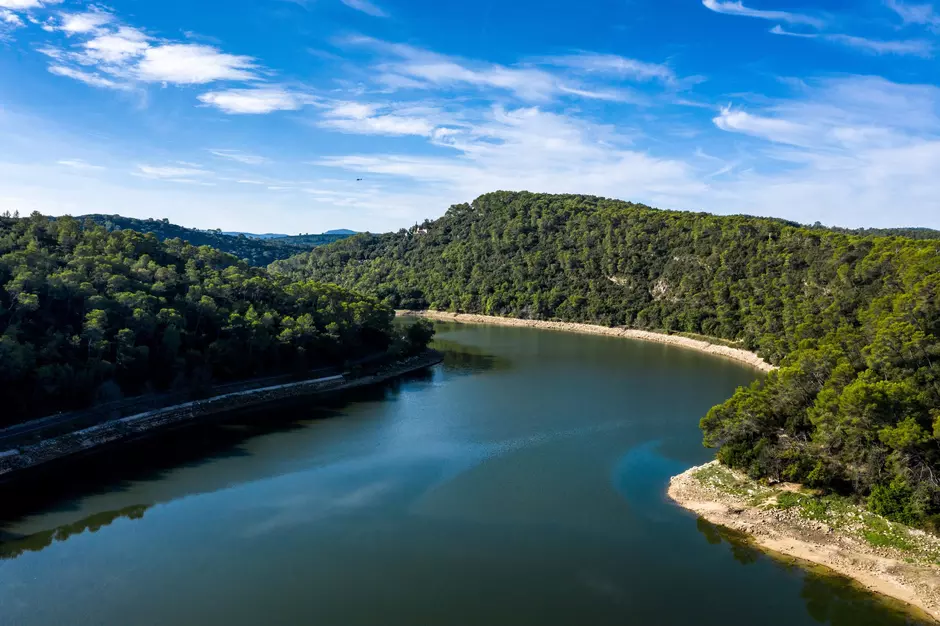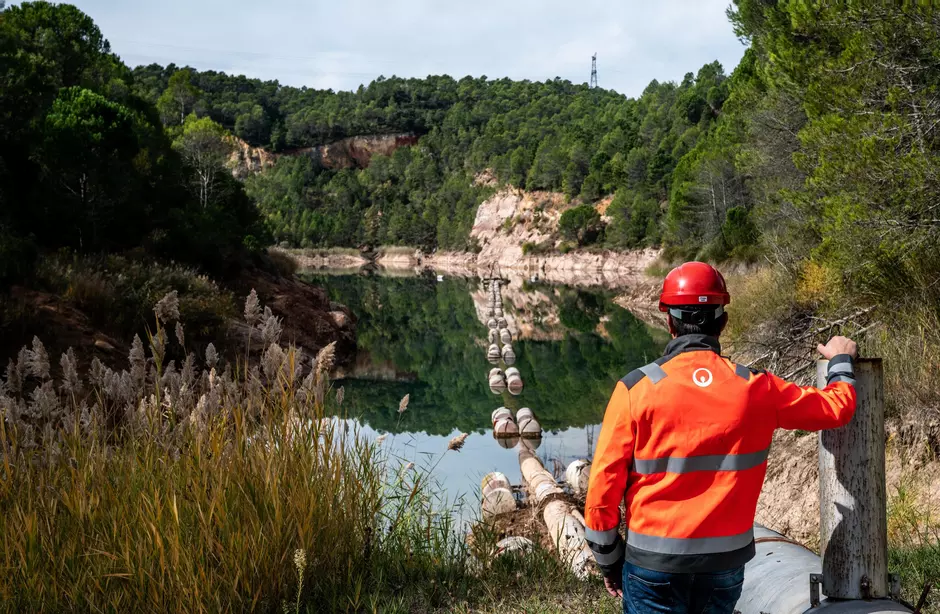This year’s World Environment Day, celebrated annually by the United Nations as well as the global community, calls on us to Reimagine, to Recreate and to Restore, a theme that aligns perfectly with Veolia’s own purpose, that of Ecological Transformation.
Our purpose is aimed at changing methods of consumption and production in order to preserve and restore natural resources. We can no longer afford to watch from the sidelines, we are required to be active participants in saving the planet. Nature, as we know it, is sending out its own distress signals. Rising temperatures, species extinction, land degradation and increased pandemics such as the current Coronavirus are just some of the ways in which nature is raising the alarm.
Why does this matter, and what do we have to do with it?
Our biodiversity, which refers to every living thing on planet earth, is critical to human life. Through globalization, urbanization and most other human activities, we have degraded our natural heritage to the point that we now threaten our own existence. According to the WWF Living Planet Report (2020), an average 68% fall in populations of mammals, birds, amphibians, reptiles and fish occurred between 1970 and 2016. Furthermore, 75% of the Earth’s ice-free land surface has already been significantly altered, most of the oceans are polluted, and more than 85% of the area of wetlands has been lost. It is an EMERGENCY.
Although we still depend largely on economic development in order to progress, it cannot come at the cost of the loss of our natural heritage. Thus, through our multifaceted performance, Veolia has chosen to hold ourselves accountable and ensure that we remain sustainable in our business. Every process, every action that we take is not without purpose-filled thought and consideration for our environments and the earth’s natural biodiversity.

Veolia’s solutions are aimed at protecting the planet:
1. Water Technologies & Treatment:
Veolia’s wastewater solutions for industry and various municipal plants aim to eliminate the different micro pollutants that may disrupt healthy ecosystems. Responsible wastewater treatment will ensure that only water which is safe for the environment is discharged, thus protecting the environment.
2. Solid Waste Treatment, Recycling & Recovery:
As consumption and production methods have increased, so too has pollution. Responsible waste management is fundamental in protecting the environment. We proudly offer solutions for diverting waste from landfill sites whilst simultaneously promoting methods of producing less waste. Careful analysis of various waste streams also allows us to identify opportunities for possible recycling.
3. Reusing of Wastewater:
The reuse of wastewater and its conversion into near-potable water, especially in water-stressed areas, enables long-term supply of drinking water as well as assisting with provision of water for use in industry production processes - Veolia proudly boasts two such projects in Durban and Namibia respectively.



